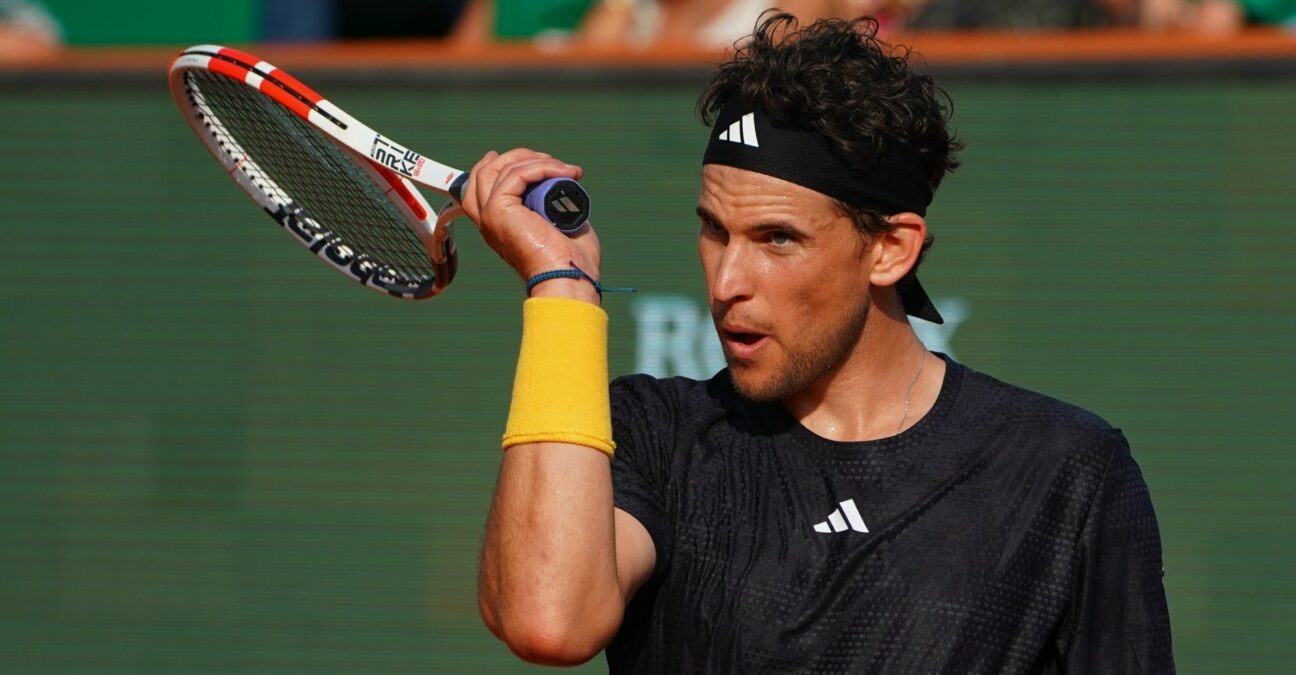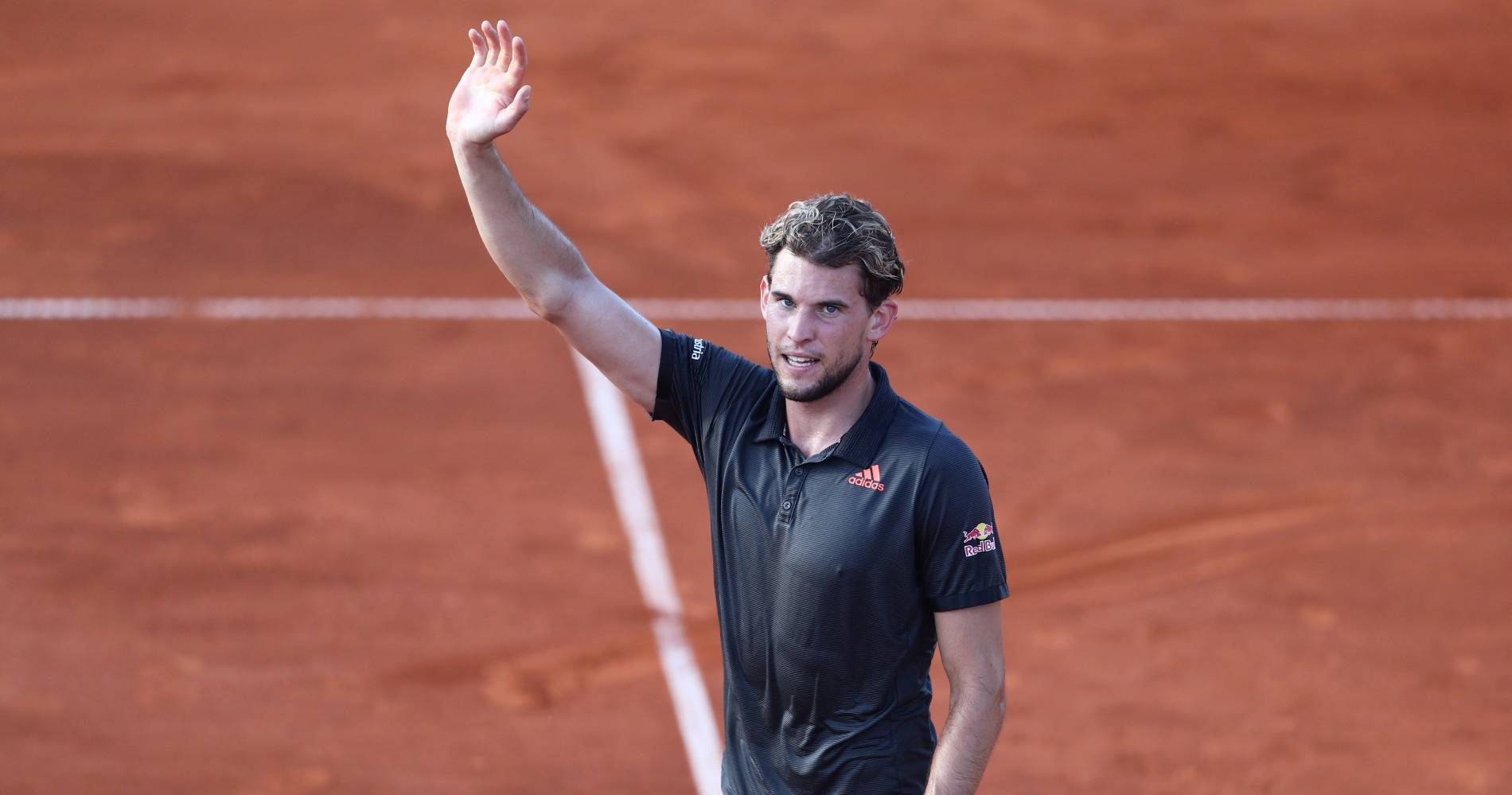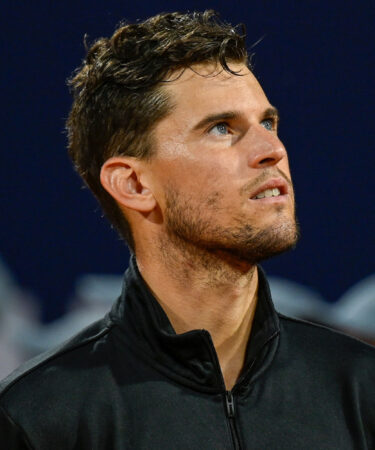Exclusive: Thiem says working with sports psychologist has helped his recovery from injury, lack of motivation
The Austrian turned to someone for help after he suffered a serious wrist injury in 2021
 Norbert Scanella / Panoramic
Norbert Scanella / Panoramic
Dominic Thiem has credited his work with a sports psychologist as helping him as he tries to get back up the rankings.
The Austrian will return to the world’s top 100 next week after showing encouraging signs of a return to form and full strength after two years in which he lost his motivation and was then off the Tour for nine months because of a serious wrist injury.
Until a few years ago, Thiem always said he could see the benefits of a sports psychologist but had never tried it. Perhaps he never felt the need for it.
Thiem: “It’s helping me a lot”
But after winning the US Open in 2020, Thiem struggled for motivation. Once considered the hardest worker on Tour and having reached three other Grand Slam finals, a serious wrist injury in August 2021 forced him off the Tour for nine months.
There were many difficult moments as he struggled to regain fitness and belief but having fallen outside the world’s top 350 at one stage, Thiem will be back inside the top 100 next week and showed in Monte-Carlo that his tennis, fitness and confidence are coming back, helped, he says, by the work he’s been doing off the court.
“I’m working with somebody (a sports psychologist), which is helping me a lot,” he told Tennis Majors.
Once a taboo subject, sports psychologists are now far relatively common in tennis. Women’s No 1 Iga Swiatek openly discusses the work she does with Daria Abramowicz, while Carlos Alcaraz has been receiving help with the mental side of the sport since he was 8 years old and many others have also hailed the work they’ve put into the mental side of the sport.
Thiem hopes more people follow suit.
“Because you’re by yourself on court, but you practice everything, you practice your tennis, you practice your fitness, you have a physio that takes care of your body, so it’s not really understandable why it’s still tough to talk about. I would say it’s very normal to work with a mental coach or a sports psychologist.”
“That’s the way it should be, and not only in sports, but in life in general.”



People in this post
More tennis news
Indian Wells WTA 1000: Kostyuk knocks out Dolehide to reach last 16

Indian Wells Masters: Paul eases past Norrie to book spot in last 16

Indian Wells Masters: Griekspoor’s fine run continues with upset of Mpetshi Perricard to make last 16

Indian Wells WTA 1000: Swiatek crushes Yastremska to power into last 16

“It’s a title I’m getting used to” – Keys adjusting to tour life as a new Grand Slam champion


